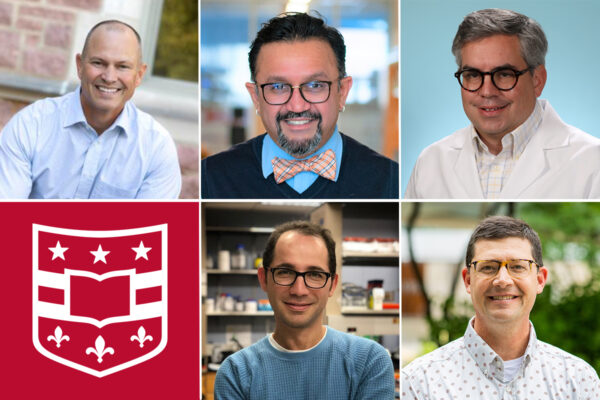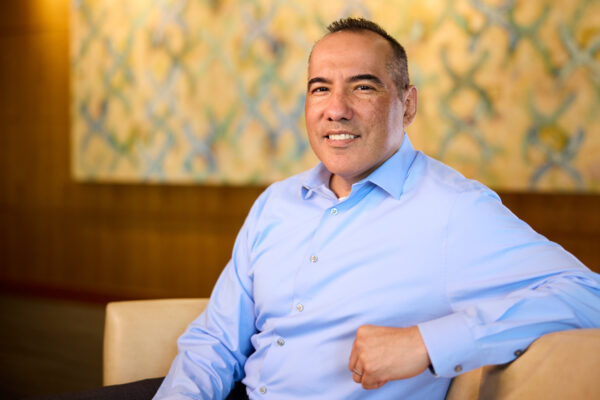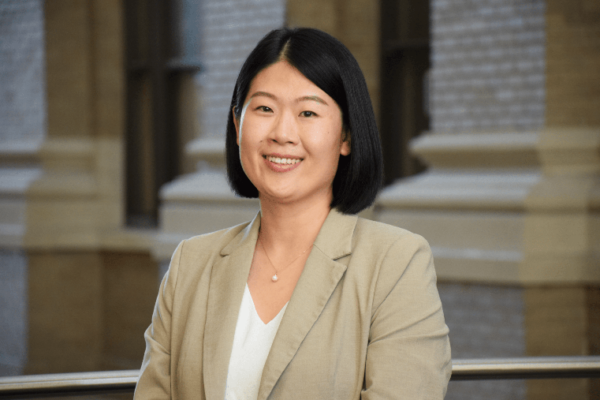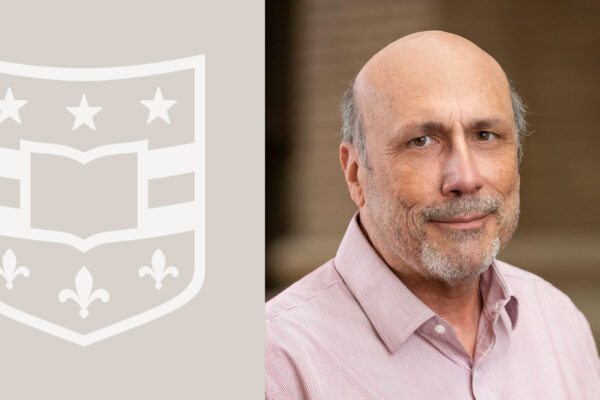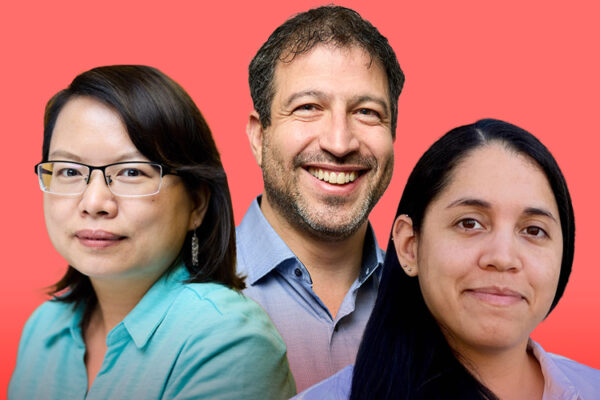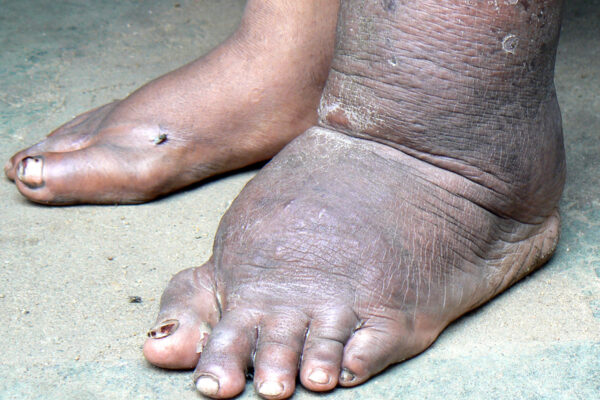Five WashU faculty receive grants for innovative cancer research
The American Cancer Society and venture capital firm Yosemite have selected five WashU faculty to receive the inaugural ACS-Yosemite research grants.
Garcia named fellow of American Chemical Society
Benjamin Garcia, the Raymond H. Wittcoff Distinguished Professor and head of the Department of Biochemistry and Molecular Biophysics at WashU Medicine, has been named an American Chemical Society fellow, one of 37 in this year’s class of fellows.
WashU researchers use genetics to find psychopathology risks
Researchers at Washington University are identifying behavioral, environmental and neural factors through which genetic risk for mental health problems is expressed in youth.
Zhang receives doctoral dissertation award
Linying Zhang, an assistant professor of biostatistics at WashU Medicine, received the American Medical Informatics Association 2024 Edward H. Shortliffe Doctoral Dissertation Award honorable mention.
Nickolas to lead Division of Bone and Mineral Diseases
Thomas Nickolas, MD, a respected clinical nephrologist and researcher focused on kidney disease and bone health, has been named the next director of the Division of Bone and Mineral Diseases in the Department of Medicine at Washington University School of Medicine in St. Louis.
Falling for fall prevention
Through low-cost, personalized home modifications, occupational therapist Susy Stark helps elderly residents stay safe and independent.
Cooper named fellow of American Society for Cell Biology
John Cooper, MD, PhD, the Alan A. and Edith L. Wolfe Professor of Biochemistry and Molecular Biophysics at Washington University School of Medicine in St. Louis, has been elected a fellow of the American Society for Cell Biology.
Prestigious NIH Director’s awards go to three WashU faculty
Three researchers from Washington University have received highly competitive and prestigious National Institutes of Health (NIH) Director’s awards totaling $10 million over five years.
Ross honored by Association of American Medical Colleges
Will Ross, MD, the associate dean for diversity and the Alumni Endowed Professor of Medicine at WashU Medicine, has received the 2024 Louis W. Sullivan, MD, Award from the Association of American Medical Colleges.
New genomic surveillance tools could help efforts to eliminate damaging parasitic infections
Researchers at WashU Medicine have developed a new genomic-based approach that could aid global efforts to eliminate lymphatic filariasis, a parasitic roundworm infection spread by mosquitoes.
View More Stories
